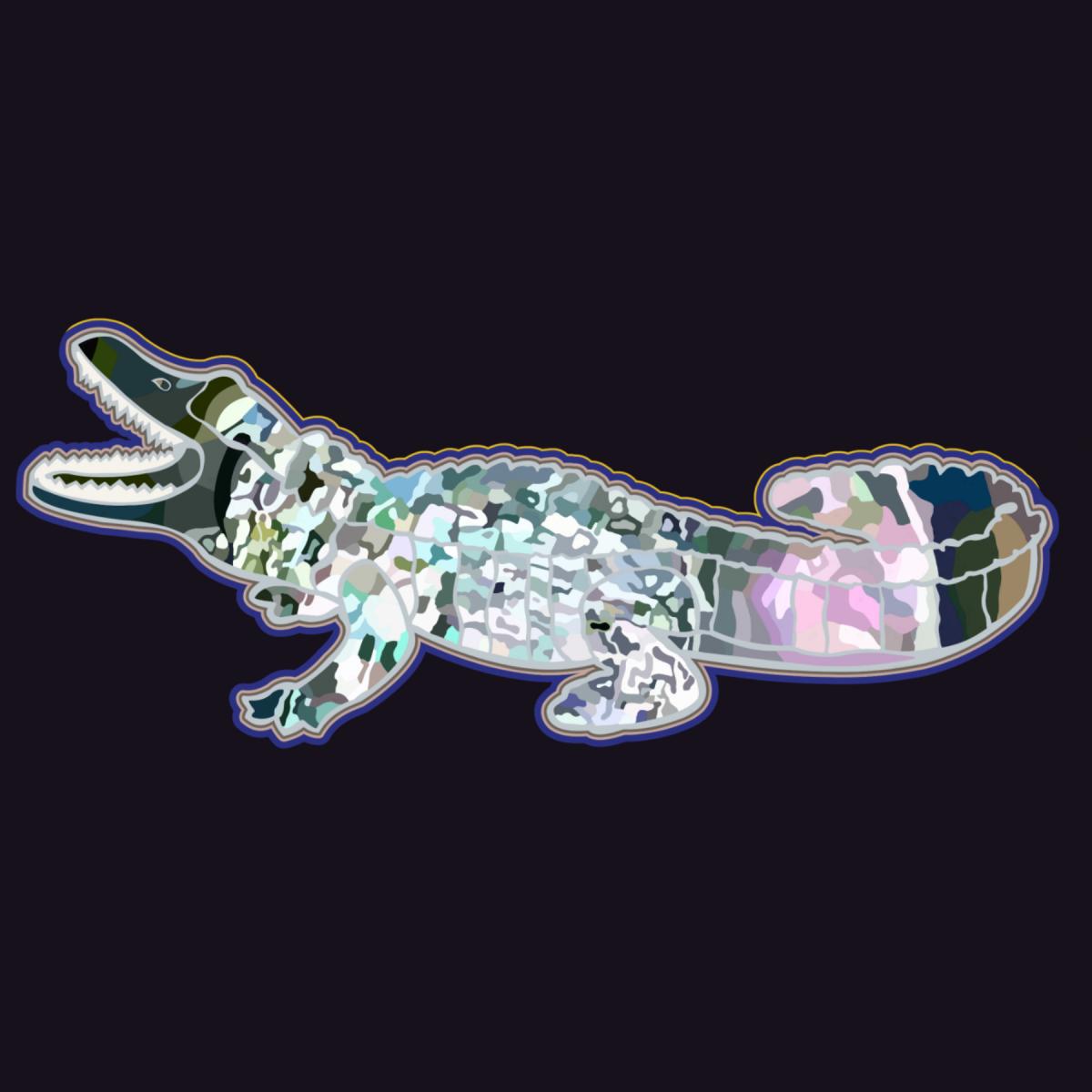The curriculum and pedagogies within the American Indian Studies Department offer students opportunities for working closely with an interdisciplinary cadre of faculty and fellow majors over four years.
Central in this relationship is the refinement of student knowledge of past and present American Indian cultures, ecologies, genders and sexualities, histories, languages, mixed-race, music and soundscapes, repatriation goals, sovereignty, and the cultivation of strategies for community engagement and research through culturally relevant practices and shared passions. American Indian Studies faculty are devoted to undergraduate and graduate teaching, serves as capable advisors for ensuring timely progress to degree within the major, and represents knowledgeable resources for students needing referral to advisors for university requirements. A trademark pedagogical practices of the faculty is to invite an array of community elders and experts to guest lecture, which enables student understanding of the community-based concerns behind what is learned and taught in the college classroom. As a major in American Indian Studies, your courses will ground you in a breadth of literatures, lived realities, and research, so that by your senior year, you will have the skills necessary to take advantage of opportunities for learning through community service and cultivate your own area of theoretical expertise in senior seminar. The latter of which enables you to carry forward the College of Ethnic Studies’ mission of “relevant education” and fulfill San Francisco State University's mission goal of being prepared to understand the diversity of twenty-first century American Indians.

Learning Outcomes
The American Indian Studies major is more than General Education (GE) and will teach students to cultivate the following life-long learning skills that will never be obsolete:
- Learn from research: On the internet, everyone claims to be an expert; however, few have had their facts checked or supported by multiple specific examples. Major local and international companies pursue majors, like those in AIS, because they haven’t only learned facts about American Indians, they can also explain how society can communicate better with – and about - American Indians from information that has been peer-reviewed and well supported by primary sources.
- Read effectively and for pleasure: American Indian Studies literature is based in life histories, fiction, poetics, and research. Course teach students how to enjoy and understand the surprises within American Indian language play and written word that brings the aims, complexities, and values of non-western meanings to life.
- Understand diversity: American Indian cultural diversity is the most numerous in the United States. Students learn the consistencies and inconsistencies between American Indian, everyday American, and scientific (e.g., biological, racial, etc.) understandings of being, belonging, and culture. What will you do with this varied knowledge?
- Write well: Although many courses at San Francisco State University will train you to write well, American Indian Studies courses will do this by teaching you to recreate both Indigenous and western best practices in ethnographic, ethnomusicalogical, historical, legal brief, and professional letter writing and citation.
The Major consists of a total of 39 units. The program consists of core course requirements totaling 21 units and elective course requirements totaling 18 units. The core course requirements are as follows (all courses are worth 3 units unless otherwise noted.)
- AIS 100 Introduction to American Indian Studies
- AIS 150 American Indians and U.S. History
- AIS 160 Survey of Native California
- AIS 205 American Indians and U.S. Laws
- AIS 300 American Indian Studies Research Methodologies
- AIS 694 Community Service Learning (1-3 unit options for a total of 3 in any combination)
- AIS 680 American Indian Studies Senior Seminar
Areas of Emphasis
The elective requirements are organized into four areas of emphasis. Upon advisement, students may select one course from each area of emphasis (12 units total) and an additional two courses (6 units total) for a total of 18 units; or, they may complete six courses (18 units total) in one area of emphasis where available. Fifteen units must be completed at the upper-division level. Upon department approval, students may chose up to two elective courses (up to 6 units) from other departments/programs on campus.
- California Indian Studies
- AIS 325: American Indian Art
- AIS 410 Perspectives of Native Californians
- AIS 694 Community Service Learning (for up to 3 additional units to the core requirement)
- Additional courses in development.
- Creative Arts and the Humanities
- AIS 162 American Indian Oral Literature
- AIS 235 American Indian Images and Issues in the Mass Media
- AIS 310 American Indian Religion and Philosophy
- AIS 320 American Indian Music
- AIS 325 American Indian Art
- AIS 360 American Indian Novels and Poetry
- AIS 400 American Indian Education
- AIS 420 Native Genders and Feminism
- AIS 440 Native Sexualities and Queer Discourse
- AIS 490 Ancestors or Data? The Politics of NAGPRA
- AIS 500 American Indian Language and Cultural Systems
- AIS 560 American Indian Modern Creative and Performing Arts
- AIS 610 American Indians and Museums
- Law, Politics, and Society
- AIS 230 Urban Indians
- AIS 260 American Indian Populations
- AIS 330 American Indian Law
- AIS 350 Black-Indians in the Americas
- AIS 400 American Indian Education
- AIS 420 American Indian Women
- AIS 460 Power and Politics in American Indian History
- AIS 470 American Indian Identity Politics
- AIS 490 Ancestors or Data? The Politics of NAGPRA
- AIS 550 Contemporary American Indian History
- Science, Health, and Environmental Studies
- AIS 450 American Indian Science
- AIS 490 Ancestors or Data: The Politics of NAGPRA
- AIS 520 Before the Wilderness: American Indian Ecology
The minor consists of a total of 24 units: 18 units of core course requirements and 6 units in upper-division electives. The core courses are listed below:
- AIS 100 Introduction to American Indian Studies
- AIS 150 American Indians and U.S. History
- AIS 160 Survey of Native California
- AIS 205 American Indians and U.S. Laws
- AIS 300 American Indian Studies Research Methodologies
- AIS 694 Community Service Learning
- Upon advisement, students complete 6 additional units of upper-division electives.
The AIS Advising Checklist
Dual Degree Roadmaps
The roadmaps below are tools to help students map out their four-year journey to the dual Bachelors of Arts degree with one of the following fields:
Alum Profile

April McGill (Yuki, Wappo, Little Lake Pomo, Wailak)
M.A. Public Administration, Evergreen State College, 2012
B.A. American Indian Studies, 2009
April McGill (Yuki, Wappo, Little Lake Pomo, Wailaki) is a California Native living in San Francisco. April moved to the Northwest in 2010 to work as a Research Assistant at Portland State University Regional Research Institute on the System of Care “Nak-Nu-Wit Project” for Native families receiving mental health services. While living in the Northwest, April attended Evergreen State College where she perused her Masters Degree in Public Administration, Tribal Governance in 2012. April is very active in the Native American community in the Bay Area. April currently works as the Director of Community Partnerships & Projects for the California Consortium for Urban Indian Health (CCUIH) leading the violence against women Red Woman Rising Project (RWR) the Traditions of Health Project and currently the Getting Real About Stigma Reduction (GRASP) HCV prevention grant. In her activism and community work she is the Coordinator for the American Indian Cultural Center of San Francisco pushing for the city to give the Native community a cultural arts and wellness center. "Having the teachings of my Yuki grandmother has taught me to always have a giving heart but to stay strong in spirit. I try to do that as much as possible in the work that I do for the community. Giving back is what maintains those teachings and nurtures my spirit in my own wellness."